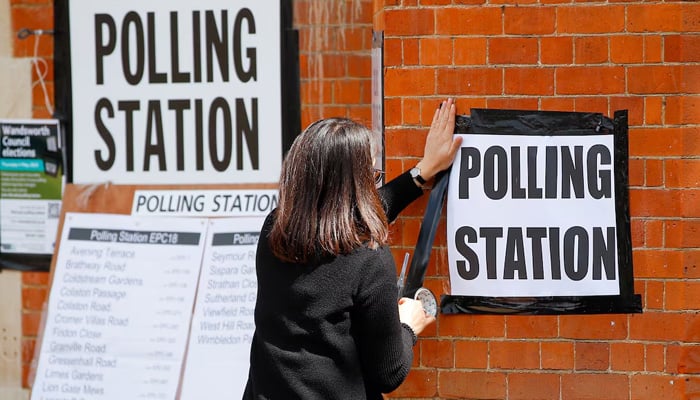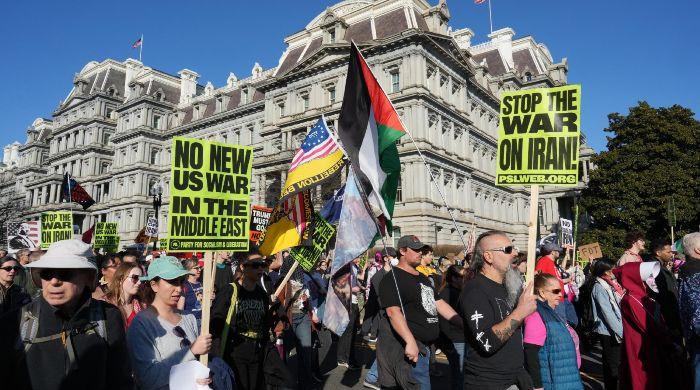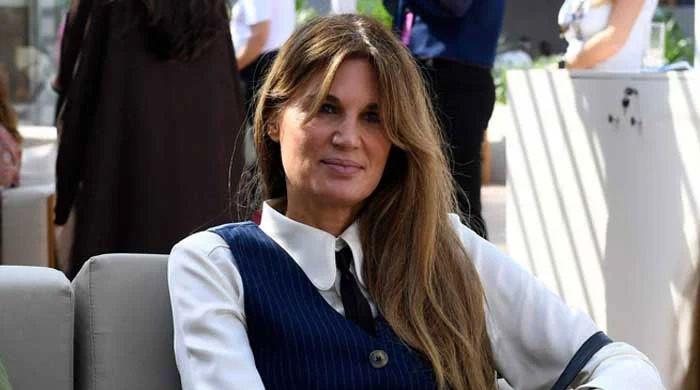UK to lower voting age to 16 in landmark electoral reform
Govt says proposed changes would align voting rights across UK with Scotland and Wales
July 17, 2025

- Proposed changes are subject to parliamentary approval.
- Lowering voting age to 16 doesn't impact election outcomes.
- Study shows 16-year-olds more likely to vote than 18-year-olds.
The British government announced on Thursday that it plans to give 16- and 17-year-olds the right to vote in all UK elections, marking a major overhaul of the country's democratic system.
The government said the proposed changes, which are subject to parliamentary approval, would align voting rights across the UK with Scotland and Wales, where younger voters already participate in devolved elections.
"We are taking action to break down barriers to participation that will ensure more people have the opportunity to engage in UK democracy," Deputy Prime Minister Angela Rayner said in a statement.
Turnout at the 2024 general election was 59.7%, the lowest at a general election since 2001, according to a parliamentary report.
According to the House of Commons library, research from countries that have lowered the voting age to 16 shows it has had no impact on election outcomes, and that 16-year-olds were more likely to vote than those first eligible at 18.
Labour, whose popularity has fallen sharply in government after being elected by a landslide a year ago, had said it would lower the voting age if elected.
The reforms would also expand acceptable voter ID to include UK-issued bank cards and digital formats of existing IDs, such as driving licences and Veteran Cards.
To tackle foreign interference, the government said it also planned to tighten rules on political donations, including checks on contributions over £500 ($670) from unincorporated associations and closing loopholes used by shell companies.











